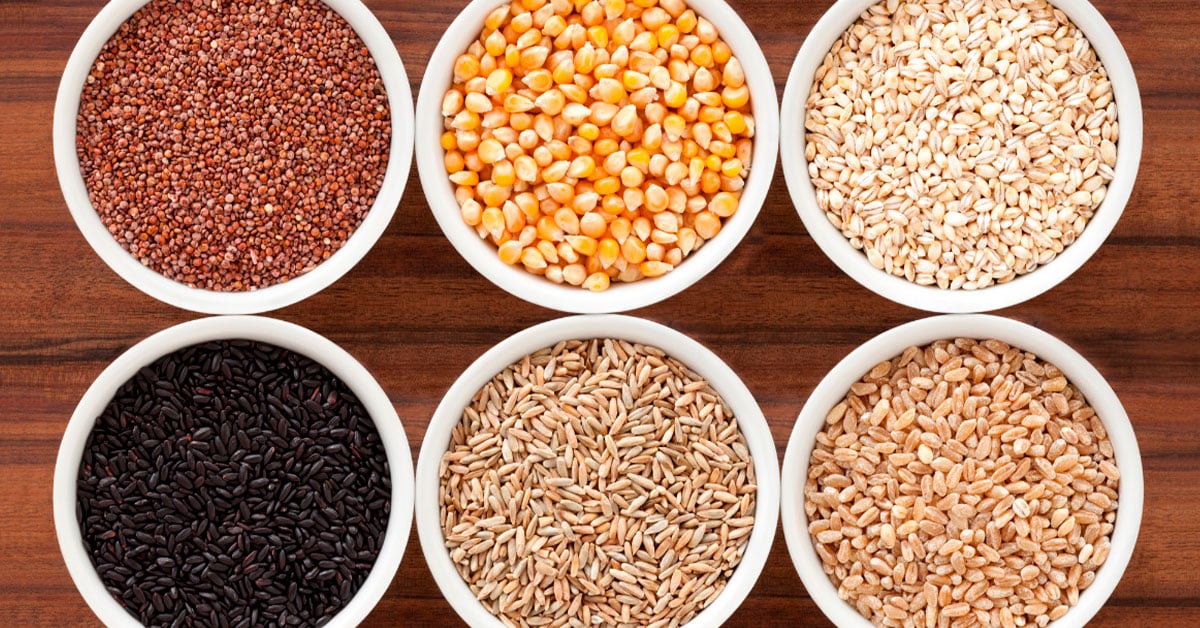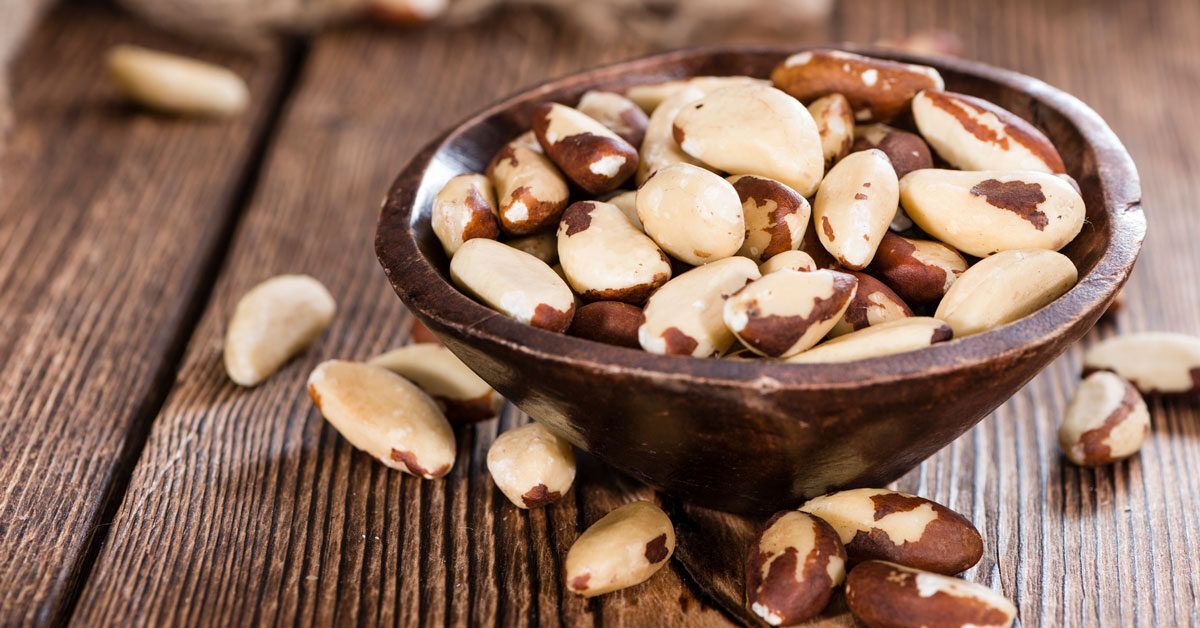Essential Nutrients for Optimal Health
Importance of Microminerals, also known as trace minerals, are essential dietary components required by the body in minute amounts (usually less than 100 milligrams daily). Despite their small quantities, they play crucial roles in various bodily functions. Let’s delve deeper into some key microminerals and their significance for optimal health:
1. Importance of Microminerals Iron (Fe)
- Function: The star player in oxygen transport, iron is a vital component of hemoglobin, the protein in red blood cells that carries oxygen throughout the body. Deficiency can lead to anemia, characterized by fatigue, weakness, and shortness of breath.
- Sources:
- Heme iron (absorbed more efficiently): Red meat, poultry, fish
- Non-heme iron (plant-based sources, lower absorption rate): Fortified cereals, beans, lentils, leafy green vegetables
- Deficiency Symptoms: Fatigue, weakness, shortness of breath, pale skin, dizziness, cold hands and feet (anemia).
- Toxicity: Excessive iron intake can be dangerous, causing iron overload and potentially damaging organs. Consult your doctor before taking iron supplements.

Ex.-Leafy green vegetable
2.Importance of Microminerals Iodine (I)
- Function: Iodine is essential for the proper functioning of the thyroid gland, which regulates metabolism, growth, and development. Deficiency can lead to goiter (enlarged thyroid gland) and hormonal imbalances.
- Sources: Primarily found in:
- Iodized salt (most common table salt in developed countries)
- Seafood (cod, shrimp)
- Seaweed
- Dairy products (in some regions)
- Deficiency Symptoms: Fatigue, weight gain, sensitivity to cold, dry skin, hair loss, irregular menstrual cycles, goiter (enlarged thyroid gland) in severe cases.
- Toxicity: Very high iodine intake can be harmful, although uncommon.

Ex.-Iodized salt
3.Importance of Microminerals Zinc (Zn)
- Function: A multi-talented mineral, zinc supports the immune system, wound healing, and enzyme activity. It also plays a role in taste and smell perception. Deficiency can impair immune function and wound healing.
- Sources: Found in a variety of animal and plant-based foods:
- Meat, poultry, seafood (oysters are particularly rich)
- Beans, lentils
- Nuts and seeds
- Whole grains (absorption can be lower)
- Deficiency Symptoms: Weakened immune system, delayed wound healing, hair loss, diarrhea, loss of taste or smell.
- Toxicity: Excessive zinc intake from supplements can interfere with copper absorption and cause nausea, vomiting, and stomach cramps.

Ex.-Whole grains
4. Importance of Microminerals Selenium (Se)
- Function: Selenium acts as an antioxidant, protecting cells from damage. It also supports thyroid function and may play a role in preventing certain cancers (research ongoing).
- Sources: Found in various foods, including:
- Brazil nuts (exceptionally high amount)
- Seafood (tuna, salmon)
- Organ meats (liver, kidney)
- Whole grains
- Deficiency Symptoms: Rare in developed countries. Symptoms may include fatigue, muscle weakness, hair loss, and impaired heart function (in severe cases).
- Toxicity: Excessive selenium intake can be toxic, causing hair loss, nausea, vomiting, and nerve damage.

Ex.-Brazil nuts
Ensuring Adequate Micromineral Intake:
- Consume a balanced diet rich in various food groups, incorporating a variety of fruits, vegetables, whole grains, lean protein sources (meat, seafood, legumes), and nuts and seeds.
- Consider including seafood in your diet 1-2 times per week for iodine and zinc.
- Brazil nuts in moderation for a good source of selenium.
- Consult a doctor or registered dietitian if you have any concerns about meeting your micromineral needs, especially if you have dietary restrictions or underlying health conditions. They can advise on potential supplementation if needed.
5. Importance of Microminerals C0pper
- Function:
- Energy Production: Copper assists enzymes involved in the electron transport chain, a critical step in cellular respiration for generating energy (ATP)
- Iron Absorption: Copper facilitates the absorption of iron from the digestive system, ensuring proper iron utilization for red blood cell production.
- Connective Tissue Formation: Copper is a co-factor for enzymes that help synthesize collagen and elastin, essential components of connective tissues like bones, skin, and cartilage.
- Antioxidant Activity: Copper contributes to antioxidant defenses by working with enzymes that neutralize free radicals, protecting cells from damage.
- Brain Function: Copper is involved in the production of neurotransmitters, chemicals that facilitate communication between brain cells, and may play a role in maintaining healthy brain function.
- Immune System Function: Copper supports the immune system by aiding in the activity of white blood cells that fight infection.
- Melanin Production: Copper plays a role in melanin production, the pigment that determines hair, skin, and eye color.
- Sources:
Copper is found in a variety of dietary sources, although absorption efficiency can vary. Here’s a breakdown:
- Rich Sources (high bioavailability):
- Organ meats (liver, kidney)
- Shellfish (oysters, crab, lobster)
- Shiitake mushrooms
- Dark chocolate (cocoa content matters)
- Moderate Sources (variable bioavailability):
- Nuts and seeds (cashews, almonds)
- Whole grains (absorption can be inhibited by fiber)
- Legumes (beans, lentils)
- Potatoes
- Avocados

Ex.-Shiitake mushrooms

Ex.-Shellfish
- Deficiency Symptoms:
Copper deficiency is uncommon in developed countries with balanced diets. However, certain factors like long-term zinc supplementation or genetic conditions can contribute to deficiency. Here are some potential signs:
- Fatigue and weakness
- Anemia (microcytic anemia)
- Bone problems (weak bones, osteoporosis)
- Skin problems (rash, changes in pigmentation)
- Hair loss
- Impaired wound healing
- Neurological problems (tingling, numbness, coordination issues) in severe cases
Toxicity:
Excessive copper intake is rare but can occur with very high doses of supplements or chronic exposure to copper pipes or certain fungicides. Symptoms may include:
- Nausea, vomiting, stomach cramps
- Diarrhea
- Liver damage
- Wilson’s disease (a genetic disorder affecting copper metabolism)
Maintaining Copper Balance:
- Consume a balanced diet rich in various food groups, incorporating a variety of sources mentioned above.
- If you’re concerned about copper deficiency, consult a doctor before taking supplements, as excessive intake can be harmful.
- Individuals with underlying health conditions or undergoing specific treatments should consult a healthcare professional for personalized guidance on copper intake.
6. Importance of Microminerals Manganese (Mn)
- Functions: Enzyme activation (metabolism, energy production, antioxidants, bone formation), brain & nervous system function (neurotransmitter dopamine), bone health, wound healing (collagen production).
- Sources: Whole grains, nuts, legumes, leafy greens, tea, coffee.
- Deficiency (rare): Fatigue, weakness, bone pain, seizures, difficulty walking.
- Toxicity (rare): Tremors, muscle weakness, walking problems, speech issues, memory problems (usually from workplace exposure).
7. Importance of Microminerals Molybdenum (Mo)
- Functions: Enzyme cofactor (purine and pyrimidine metabolism, essential for building DNA and RNA), helps break down sulfur-containing amino acids.
- Sources: Legumes, nuts, seeds, Whole grains, organ meats, milk.
- Deficiency (extremely rare): Growth failure, weakness, high uric acid levels (gout).
- Toxicity (very rare): High doses can cause diarrhea, gout-like symptoms.
8. Importance of Microminerals Cobalt (Co)
- Functions: Part of vitamin B12, essential for red blood cell formation, nerve function.
- Sources: Animal products (meat, organ meats, dairy), vitamin B12 supplements.
- Deficiency: Anemia, fatigue, weakness, nerve damage (tingling, numbness).
- Toxicity (rare): High doses can cause heart problems, nausea, vomiting, lung damage.

Ex.-Animal products (meat, organ meats, dairy)
9. Importance of Microminerals Fluorine (F)
- Functions: Strengthens tooth enamel, protects against cavities.
- Sources: Fluoridated water, toothpaste, some foods (tea, seafood).
- Deficiency: Weak tooth enamel, increased risk of cavities.
- Toxicity (too much fluoride): Dental fluorosis (white spots on teeth), in severe cases, bone problems. (This is a concern in areas with high natural fluoride levels in water, not from typical fluoridated water supplies).

Ex.-Seafood
10. Importance of Microminerals Chromium (Cr)
- Functions: Helps regulate blood sugar by enhancing insulin action.
- Sources: whole grains, nuts, meat (especially liver).
- Deficiency (rare): Impaired blood sugar control, possibly contributes to type 2 diabetes.
- Toxicity (rare): High doses can cause stomach upset, skin irritation.
Important Note: Please consult a clinical Dietitian Leena More for any questions or concerns about mineral deficiencies or toxicities.